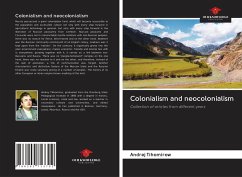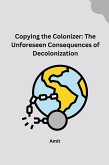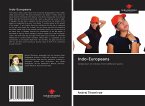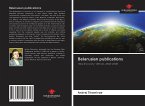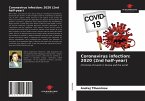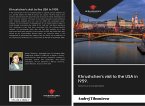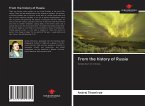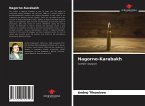Russia possessed a giant colonization fund, which will become accessible to the population and accessible culture not only with every step forward in agricultural technology in general, but also with every step forward in the liberation of Russian peasantry from serfdom. Russian peasants and Cossacks were not in irreconcilable hostile relations with non-Russian peoples, there was no reason for fierce, blind hatred and on the other hand. Nowhere was the Russian community reminiscent of an English colony, nowhere was it kept apart from the "natives". On the contrary: it organically grows into the alien environment everywhere, makes economic, friendly and kinship ties with it; everywhere, growing together with it, it serves as a link between non-Russians and Russia. There was no "people-homeland" complex on the one hand, there was no reaction to it and on the other, and therefore, instead of the wall of alienation, a link of communication was forged. Another characteristic and distinctive feature of the Moscow State and the Russian Empire was really voluntary joining of a number of peoples. The history of no other European or Asian empire knows anything of the kind.
Hinweis: Dieser Artikel kann nur an eine deutsche Lieferadresse ausgeliefert werden.
Hinweis: Dieser Artikel kann nur an eine deutsche Lieferadresse ausgeliefert werden.

